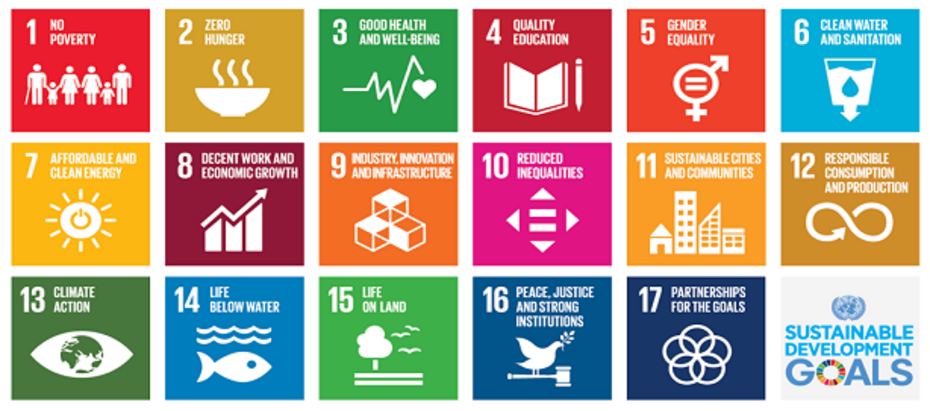
News
Shared Responsibility, Global Solidarity: Responding to the Socio-economic Impacts of COVID-19
In the light of the global pandemic, the United Nations published a document titled ‘Shared responsibility, global solidarity’ elaborating on the potential long-term effects of COVID-19 on the global economy. The report calls on everyone to act together to address the impact and lessen the negative impact on the wider population. Furthermore, the newly-published report the speed and scale of the outbreak, the severity of cases, and the societal and economic disruption caused by COVID-19.
It also emphasizes the importance of robust and cooperative health response. This should be the first priority and must be led by the World Health Organization (WHO) to support the multilateral effort to suppress transmission and stop the pandemic. Scientific collaboration must be promoted to expedite the search for a vaccine and other effective therapeutics, while universal access to vaccines and treatment must be assured. Furthermore, the report also states that the crisis is much more than a health crisis: it is a human crisis as well, because it is attacking societies at their core. That is why, a unique crisis response is required that matches the magnitude of this historic watershed moment. It means designing fiscal and monetary responses to ensure a speedy economic recovery.
It is likely that the COVID-19 crisis will have negative implications on the sustainable development efforts, since the global economic slowdown significantly impacts the implementation of the 2030 Agenda for Sustainable Development and the Paris Agreement on Climate Change. The crisis also demonstrates the importance of providing universal access to health care and more inclusive sustainable economies, where everyone is provided with access to food, clean water as well as affordable and clean energy. Women account for the majority of health and social care workers, who are more exposed to COVID-19. The loss of income is leading vulnerable segments of society (women, children, the elderly and informal workers) to fall below poverty line. Therefore, achieving gender equality is of utmost importance.
To scale up sustainable development efforts, the United Nations with this document Shared responsibility, global solidarity: Responding to the socio-economic impacts of COVID-19 commits to working in all countries around the following recommendations:
1. “Global measures to match the magnitude of the crisis
- Advocate and support implementation of a human-centered, innovative and coordinated stimulus package reaching double-digit percentage points of the world’s gross domestic product.
- Resist the temptation to resort to protectionist measures
- Take explicit measures to boost the economies of developing countries
- Strengthen international public finance provision
- Waive sanctions in this time of solidarity
2. Regional mobilization
- Adopt “Do No Harm” trade policies, preserve connectivity, and ensure regional monetary-fiscal coordination
- Engage with private financial sector to support businesses
- Address structural challenges and strengthen normative frameworks to deal with transboundary risks
3. National solidarity is crucial to leave no one behind
- Undertake fiscal stimulus and support for the most vulnerable
- Protect Human Rights and focus on inclusion
- Support to SMEs
- Support decent work
- Support education
- Prioritize social cohesion measures”
The read more about the actions and impact of COVID19 on sustainable development, please download the document here.
